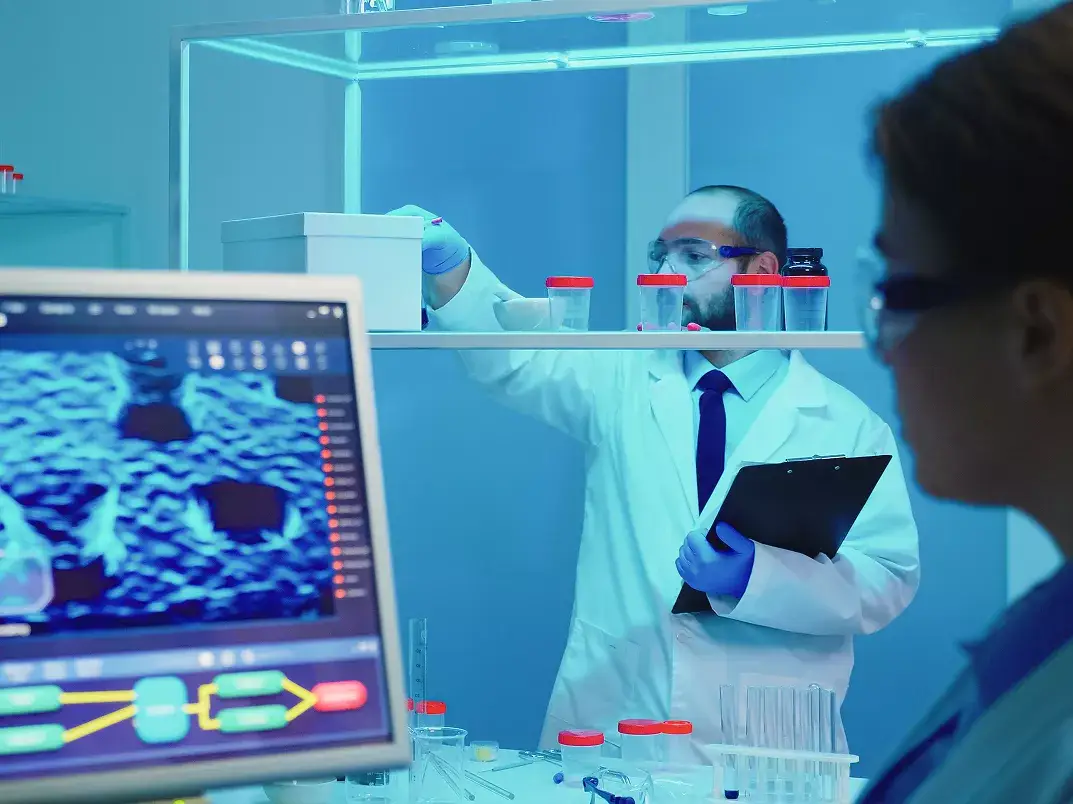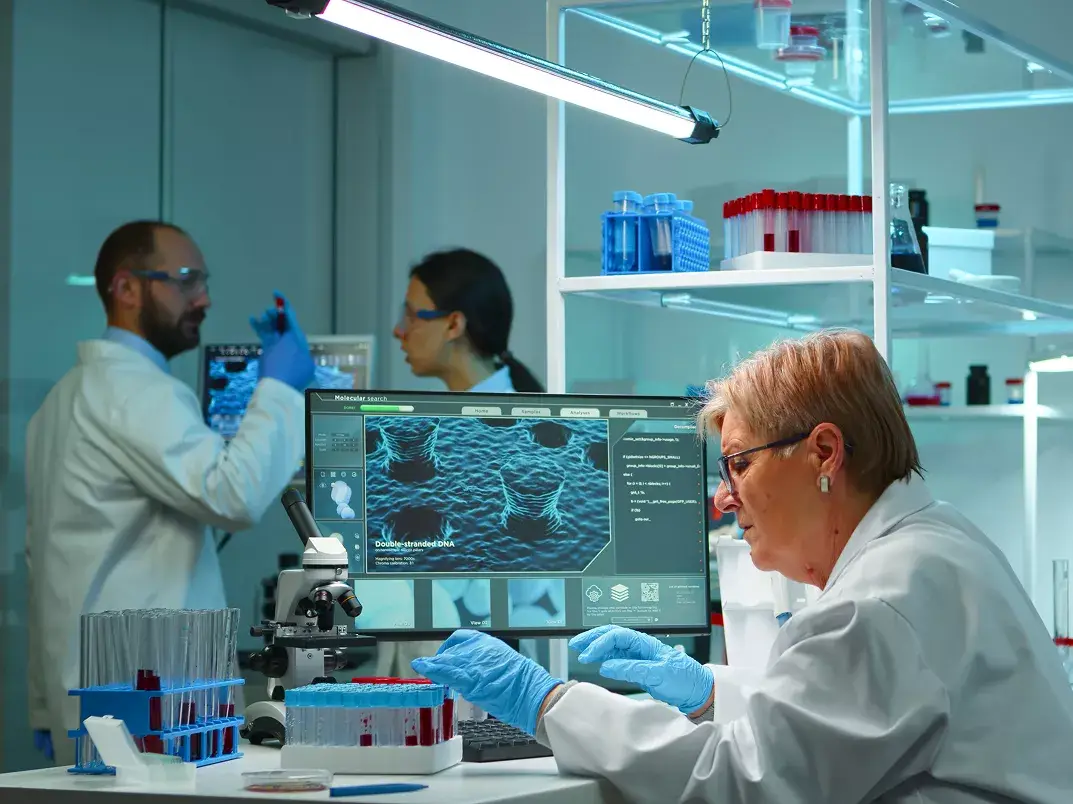Real-World AI Is Redefining Drug Discovery

When I attended the Drug Discovery Strategic Summit (DDSS) in San Francisco this October, I could sense a shift in the industry’s mindset. Conversations were focused, practical, and centered on impact. From digital diagnostics startups and device makers to pharma leaders shaping digital strategy, everyone shared one goal: making data truly drive discovery.
Over two days, the discussions revealed how diagnostics and drug discovery are beginning to converge in ways that could redefine the future of medicine.
The Shift Toward Integrated Intelligence
Drug discovery has always been a science of pattern recognition. What is changing today is the breadth of those patterns and the data sources that reveal them.
At DDSS, the spotlight was on multimodal data integration, bringing together imaging, pathology, and clinical information to enable a more comprehensive understanding of disease mechanisms. This convergence is not only making discovery faster but also far more precise.
For us at GenPhase, this resonates deeply. The future of algorithm development lies in creating contextual intelligence — systems that learn from the diversity of real-world data instead of depending on isolated datasets. When diagnostic data informs therapeutic insight, the gap between discovery and clinical reality begins to close.

Validation as the True Measure of Progress
Another major theme from DDSS was the growing emphasis on real-world validation. It is no longer enough for an algorithm to perform well in a controlled setting; it must prove its consistency across patient populations, modalities, and geographies.
Our advantage at GenPhase lies in the strength of our clinical network, broad enough to test and refine algorithms in real contexts. Validation is not an afterthought; it is an integral part of how we ensure scalability and reliability.
Across the industry, this shift is defining the new standard for innovation. Credibility now depends as much on deployment performance as on technical novelty.
Diagnostics and Discovery Are Converging
DDSS made one point abundantly clear: the lines between diagnostics and therapeutics are rapidly disappearing.
- Imaging biomarkers are guiding early target identification.
- Pathology data is informing drug-response modeling.
- Clinical datasets are shaping trial design even before recruitment begins.
At GenPhase, this convergence is at the heart of what we do. By combining diagnostic precision with scalable AI infrastructure, we enable insights that inform discovery decisions earlier and with greater confidence. It is not just about predicting outcomes — it is about connecting discovery directly to the patient experience.
Grounded in Research: The Evidence Behind the Shift
The movement toward real-world, multimodal AI in drug discovery is not theoretical — it is strongly supported by current research.
Multimodal Biomedical AI
A 2025 review in Nature Digital Medicine highlights how integrating imaging, genomics, and clinical data is “revolutionising discovery” by improving efficiency and predictive accuracy in drug development pipelines.
Performance Advantage of Multimodal Systems
A comprehensive MDPI Information review found that multimodal AI models outperform unimodal systems in diagnostic accuracy, robustness, and generalisation, validating the real-world strength of data fusion strategies.
AI in Drug Discovery Workflows
Research published on PubMed Central notes that AI and multimodal learning are now embedded across drug discovery workflows, from target identification and lead optimisation to toxicity prediction.
These findings underscore what DDSS discussions made clear: multimodal data and real-world validation are becoming the defining forces in the next generation of discovery.
Scaling Real-World AI
The next phase of progress will come from AI systems that scale responsibly. Pharma teams are now asking how models can operate safely across varied data ecosystems, regulatory frameworks, and clinical conditions.
Real-world data is inherently complex, but it is also where the most valuable insights live. The ability to adapt to that complexity will determine which technologies truly transform drug discovery. At GenPhase, that is our focus: building AI systems that not only learn but translate learning into measurable outcomes across diverse settings.
Looking Ahead
The Drug Discovery Strategic Summit underscored one defining truth: discovery is no longer a linear process. It is a networked, data-driven, and collaborative ecosystem.
Real-world AI is not just speeding up the pipeline — it is rewriting how ideas move from hypothesis to human impact. For organizations striving to bring discovery closer to the clinic, the future begins with partnership. At GenPhase, our role is to make that connection real, helping transform data, algorithms, and clinical networks into measurable impact.
